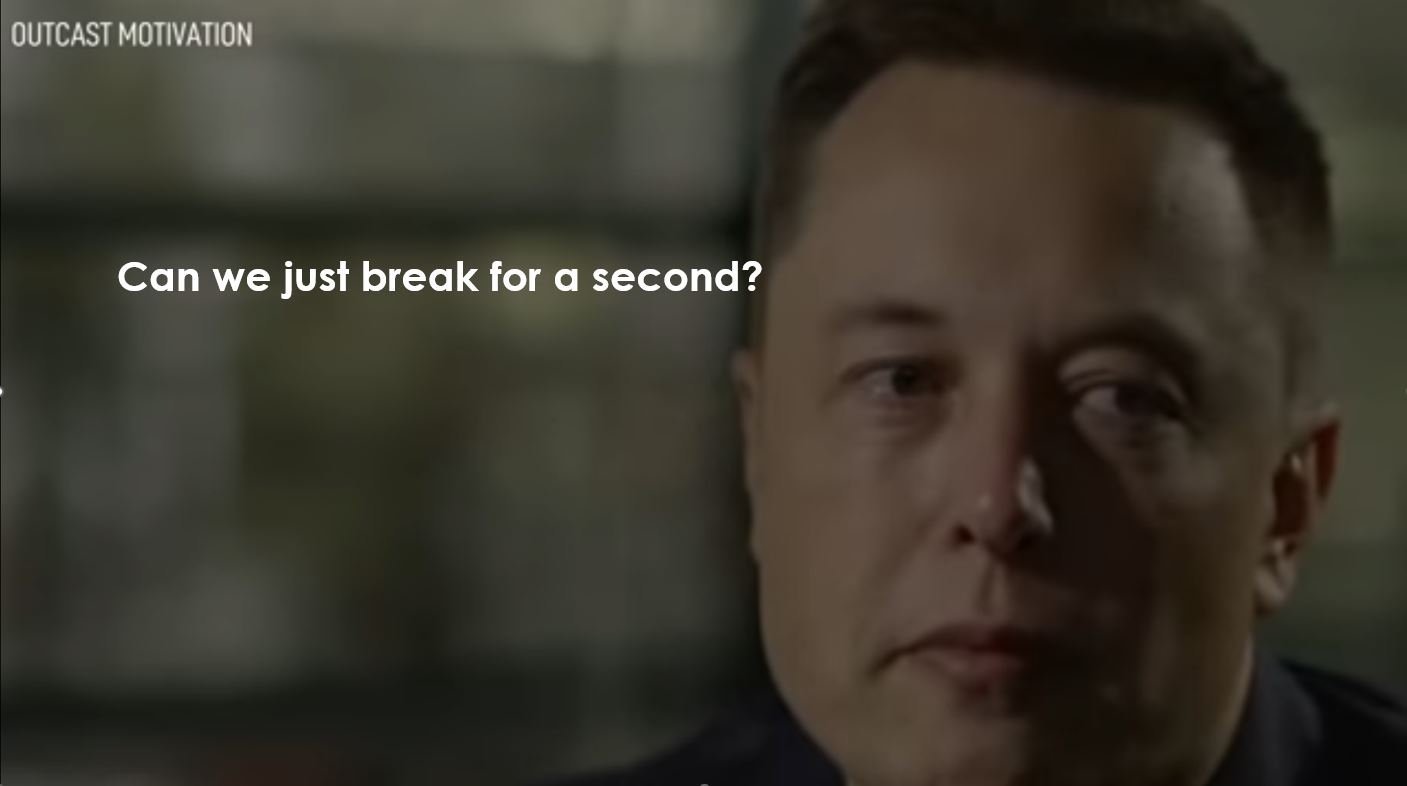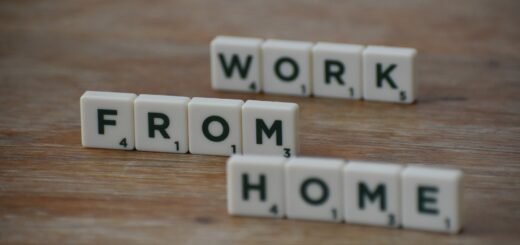Is your job killing you?

This article was originally posted on the LTI blog
I’m often surprised by statements on the ineffectiveness of remote work like the one made by David Solomon, CEO of Goldman Sachs in Feb 2021 (I recently wrote an article about it called “Working from home is simply a fad, and other misconceptions” here).
Yet, I am even more surprised when these statements come from forward-thinkers like Elon Musk, whom I admire.
Recently Elon sent a memo to all his executive staff demanding that they spend at least 40 hours per week in the office, “and I mean *minimum*” he wrote [1], after which those executives could choose to work extra hours remotely.
Elon was later asked what he would say to his employees who think coming physically to work is an antiquated concept, to which he sarcastically replied: “They should pretend to work somewhere else.”
It would seem that for Elon Musk, working from home is simply “pretend work,” and the bare minimum for office time is at least 40 hours per week. He later hammers this message home when reminiscing about how he himself used to “live in the office so much” [2].
As I tend to work with many entrepreneurs these days (and have been one for most of my career), I know that in order to beat the market, you sometimes have to burn the midnight oil, I for one did that for more nights (and days) than I can remember.
Yet, I also know from my own as well as my clients’ experience that it is not sustainable in the long run. And while it is unmaintainable for entrepreneurs, it is even less sustainable for non-founder executives working in large companies.
As far as demanding overwork and insisting that the work will primarily be done from the office, for me these are merely methods of control.
Similarly, pushing employees into working even longer hours by inciting a one-upmanship competition and boasting about the number of hours you spend in the office is discouraging and demoralizing, especially for those who have other aspirations such as dedicating more time to their family and kids or having a social life outside of their work environment.
One of my clients, an overworked top executive in a fast-paced IT company, recently showed me a joke his boss sent him via text message. It said, “If you don’t come to work on Saturday, don’t bother coming on Sunday.” “I would love to laugh,” he said bitterly, “but it hits too close to home.”
Yet, overwork is no laughing matter. The Japanese term ‘Karochi,’ or death due to overwork, is no longer limited to Japan. A global study in 196 countries on employees working longer hours (>=55 hours/week) estimates that 745,000 employees die yearly due to overwork. Moreover, these overworked employees suffer from a 35% increased risk of stroke and a 17% increased risk of heart disease, making overworking the most significant occupational disease factor [3].
But don’t take research results or my word for it. Listen to the words of a wise man I highly respect, Elon Musk himself, who in a 2018 interview, struggled to hold back his tears when he shared his own overwork experience: “This is sort of very painful,” he said, “It hurt my brain and my heart…no one should put this many hours into work…this is not good. People should not work this hard. They should not do this.” [4].
In recent years and especially after Covid hit, I have had more clients coming in to see me due to overwork and burnout than ever before, and while it is relatively easy for companies and executives to circumvent burnout, it is increasingly more difficult to heal from it, sometimes necessitating months of tiny incremental steps.
As the world emerges from Covid to a new form of normality, isn’t it high time we redesign a world where our work is valuable, enjoyable, invigorating, challenging, and demanding but not lethal?
Or, as Elon Musk said when he could no longer fight back his own tears: “Can we just break for a second?”[4]
Resources:
[1] Link to Elon Musk’s tweet here
[2] “To be super clear” – Elon Musk’s follow-up memo to executives – “This is why I lived in the factory so much”
[3] Pega, F., et al., (2021). Global, regional, and national burdens of ischemic heart disease and stroke attributable to exposure to long working hours for 194 countries, 2000–2016: A systematic analysis from the WHO/ILO Joint Estimates of the Work-related Burden of Disease and Injury. Environment international, 154, 106595.
[4] YouTube link





